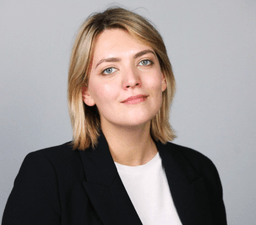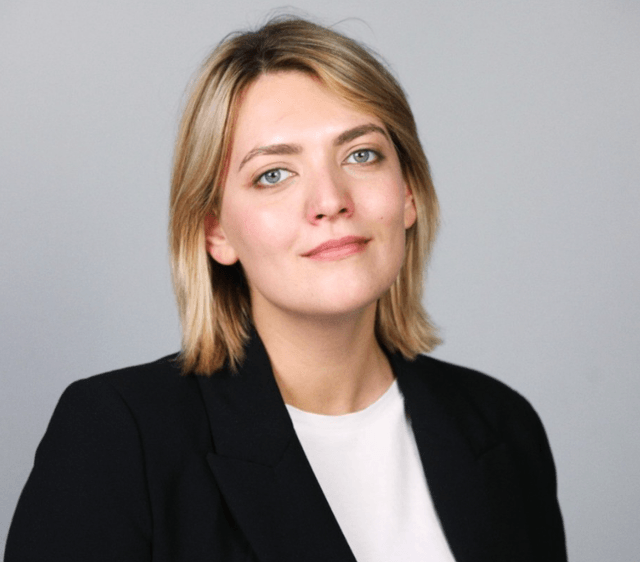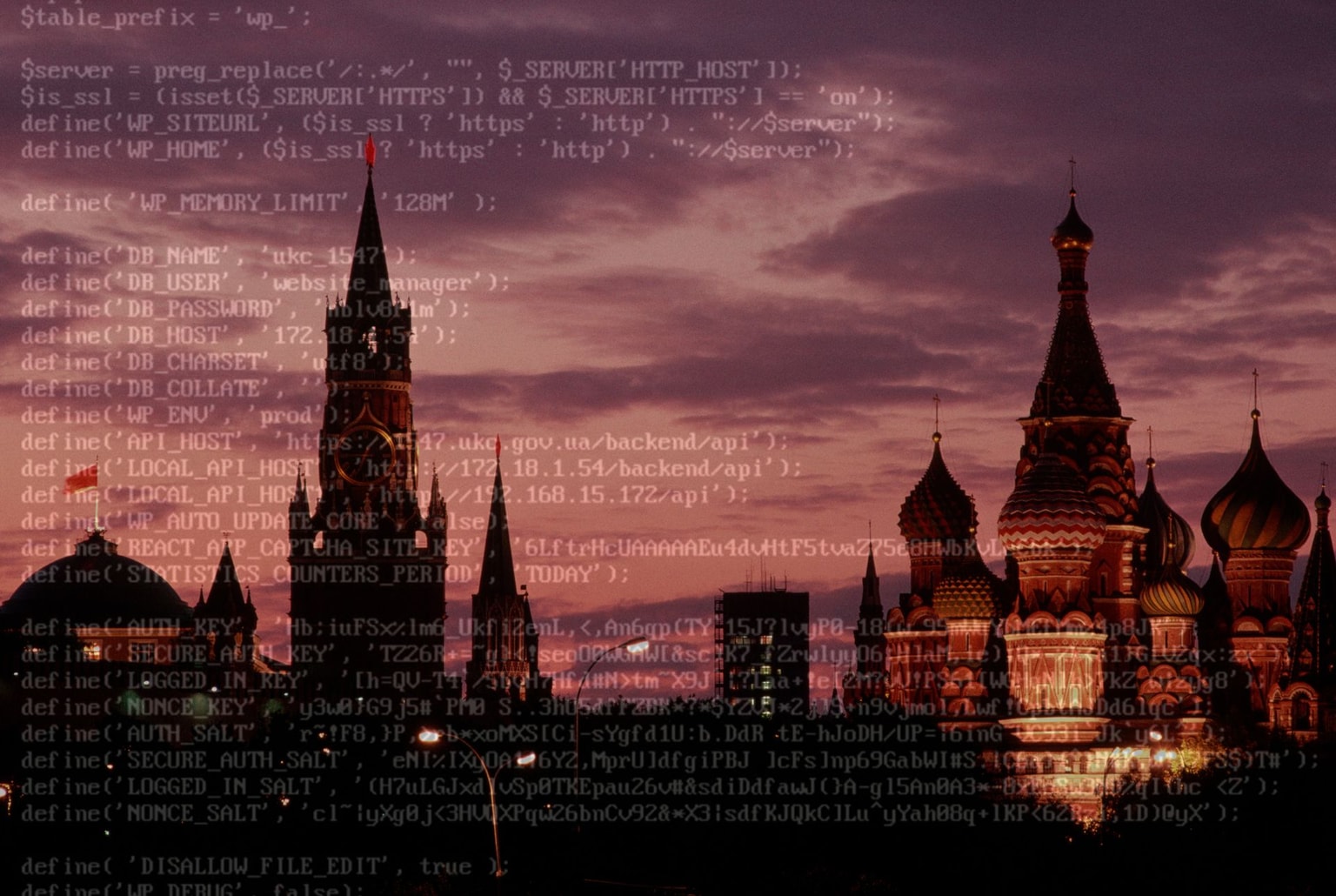Kyiv resident gives birth during war: 'I forgot about the bombings only in labor'
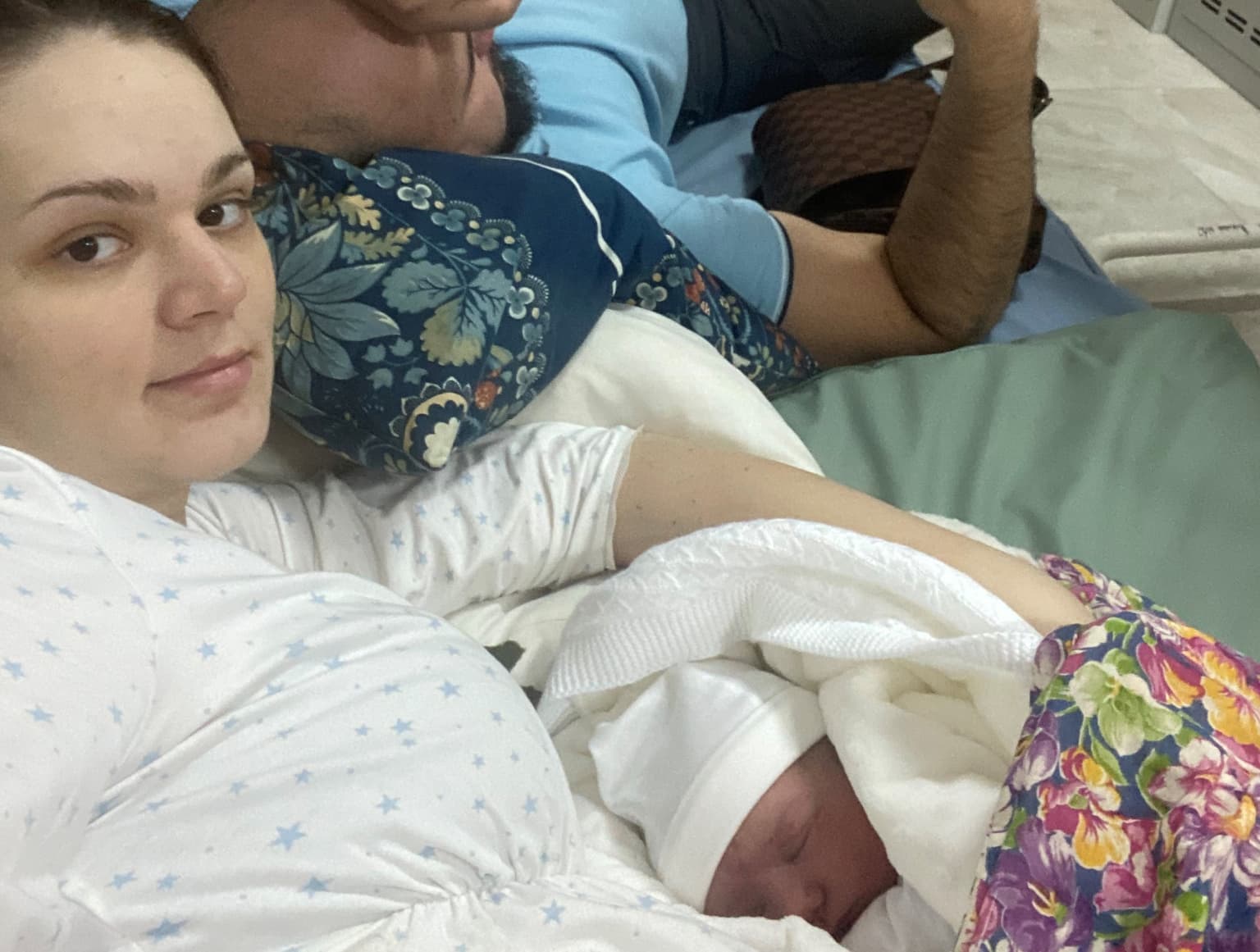
A cold basement with a corridor and small rooms on both sides, previously used as a wardrobe for the hospital staff. Chairs, worn benches, and cradles for newborns. This is where Mariia Shostak, 25, met her son for the first time.
He was born in Kyiv on Feb. 25, or just "the second day" of Russia's all-out war.
The news about Russia's further invasion into Ukraine found Shostak in the hospital ward at 6 a.m. a day earlier, in the pathology pregnancy department of the Kyiv city maternity hospital in Solomianskyi district, where she was put to monitor her high-risk pregnancy.
The doctor tried to remain calm, joking: "Don't be afraid. Women gave birth even in besieged Leningrad." But the nurses looked confused and whispered that they had no instructions on how to act.
Shostak was having light contractions when the siren went off. The nurses helped her get on a wheelchair and come down to the hospital bomb shelter.
It was very crowded inside. In addition to all the patients and staff, residents of neighboring homes had come there to hide from Russian missiles. After a few hours, she returned to the ward but was told to be ready to hide any moment again.
She didn't sleep that night as her contractions became more and more intense, and she was losing her nerve from constantly scrolling through newsfeeds on her phone.
In the morning, Shostak had to go to the shelter again. Soon afterwards the doctor examined her and said she would be delivering a baby right there. She called her husband, asked him to buy some medicine and groceries on the way to the hospital, but he couldn't get there in time as he was stuck in traffic.
"I was so pissed off he didn't go to the pharmacy in advance, and he wasn't there when I went into labor," Shostak recalled. "I will not delve into all medical details, but during the delivery, it was probably the only time in this horrible week I forgot about the war raging on."
Shostak tried for a natural delivery for five hours but eventually agreed to surgery under anesthesia.
"Through the sleep, I heard my son's weight — 4.09 kilograms."
There was another air raid alert when her husband showed up at the hospital's bunker. He came together with the nurse who held their son, and Shostak finally got a chance to meet him properly.
Soon after that, Russian forces struck a residential building near the hospital.
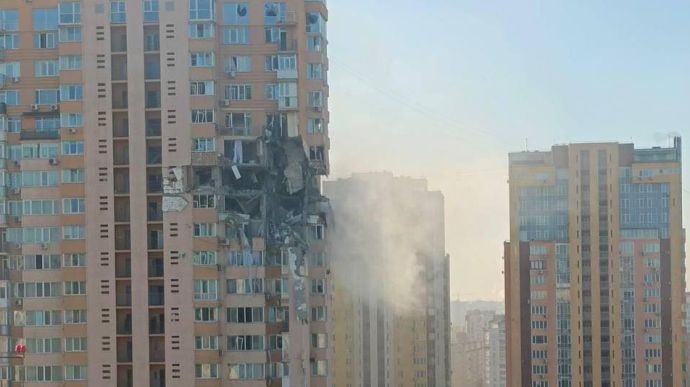
In the next three days, Shostak and her family spent the vast majority of their time in the shelter. She was in so much pain after the surgery she could barely speak, let alone walk up the stairs. And the elevator always had a line.
"My husband and I sat in the shelter's hallway, rocking the baby in turns. It was the hardest time for me because before and after delivery, my legs were terribly swollen. I just wanted to get into bed," she said.
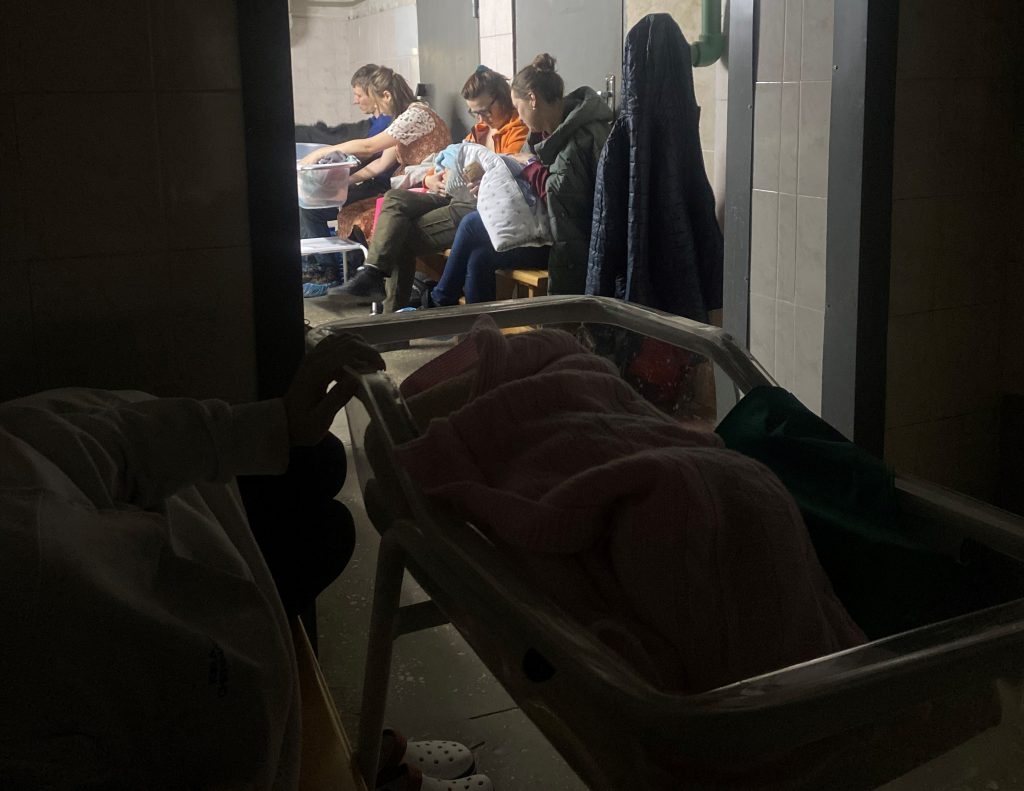
Shostak told the Kyiv Independent that there were enough medical supplies in the hospital shelter and devices for fetal CTG, but mixtures for feeding babies were in short supply.
Due to the stress, many mothers did not get colostrum or milk immediately, and the hospital, according to Shostak, provided one milk mixture bottle for two or three babies.
Several times in the bunker, Shostak felt she could not sit anymore, so her husband took her upstairs, where she managed to get some sleep.
All days in the maternity ward merged into one, she said, as it is hard to distinguish day from night, and it felt like the war had lasted at least for a few months already.
She tried to calm down by not reading the news about the shelling and bombing. But it was hardly possible to ignore the sound of missiles hitting nearby, she said.
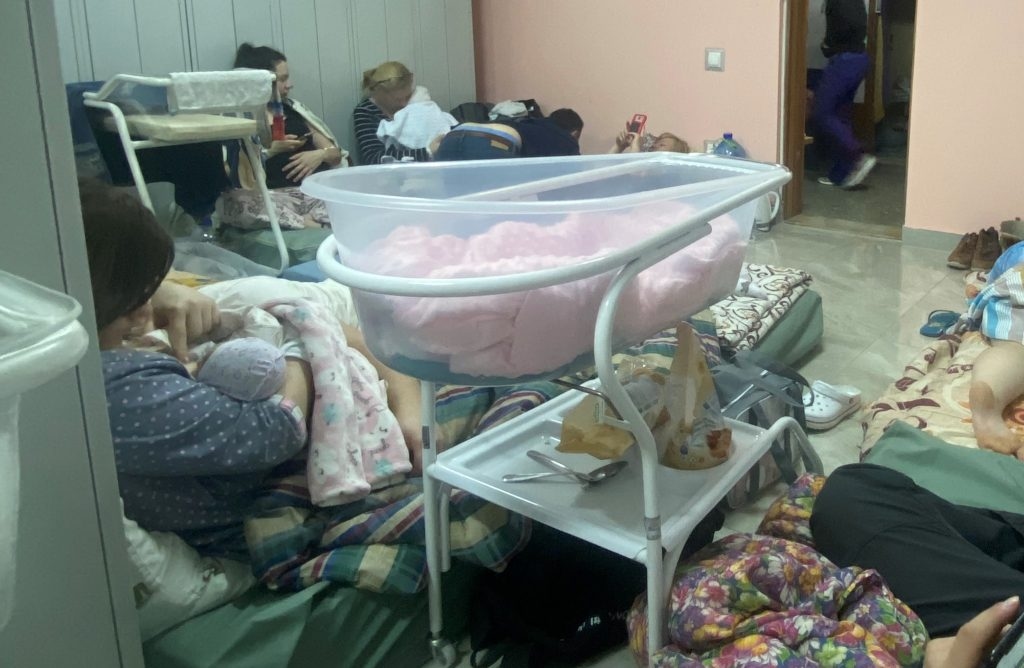
Sometimes it helped to focus on my thoughts and desires. Mariia remembers she wanted coffee so bad she could smell it from another room. She asked her husband to get some from the nurses.
"They poured us custard coffee, soluble coffee, and even gave us a pack of cookies. Our money was flatly refused. It was probably the most delicious instant coffee of my life," she recalled.
On March 1, Shostak and her son were discharged from the hospital.
"Of course, I imagined all of this very differently. I wanted to be surrounded by family, friends, flowers, to take some photos," Shostak said. "But in reality, my husband drove the car as close as possible to the hospital's exit, and we jumped into it, accompanied by a Territorial Defense Forces soldier, and left."
